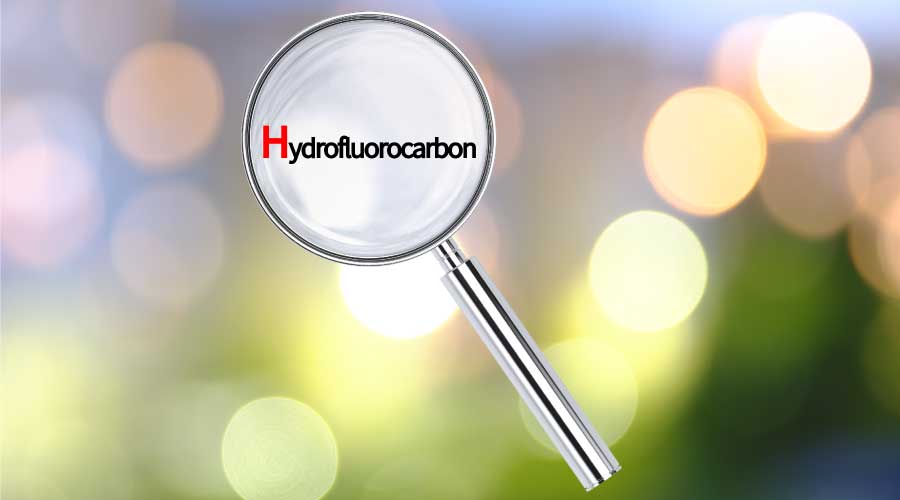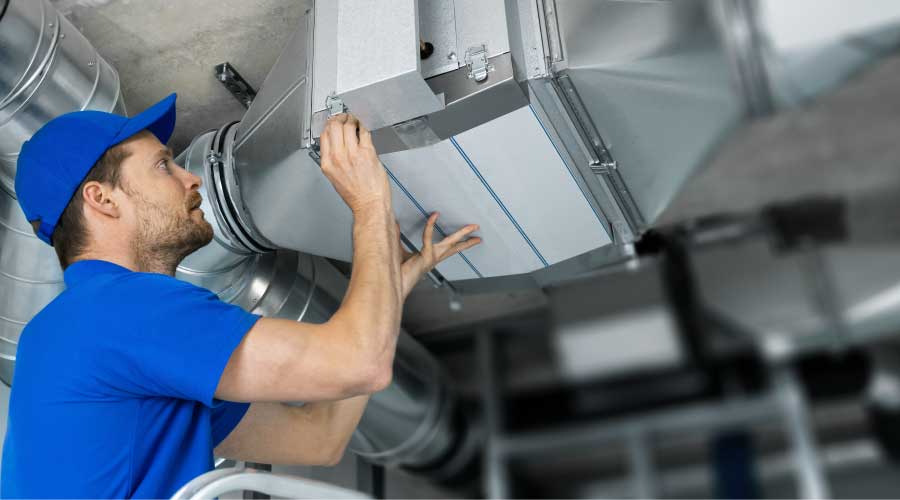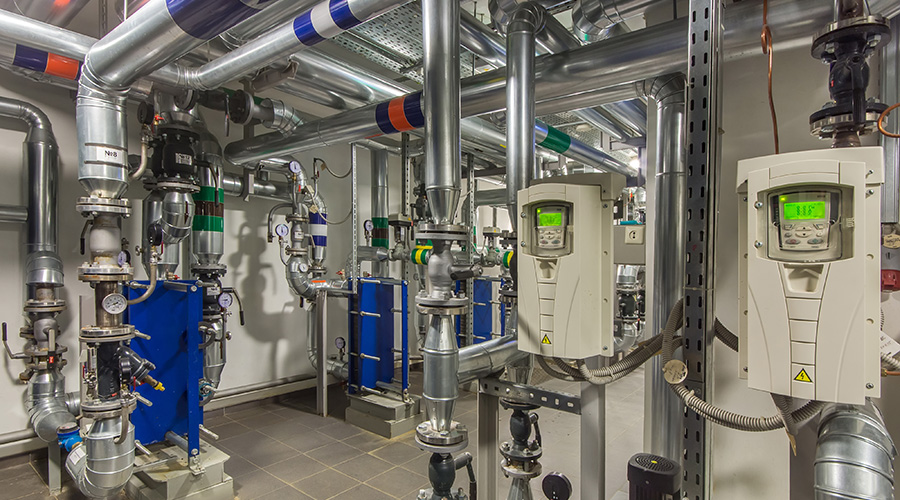Small Storage Water Heaters Feature Low Initial Cost
Product Focus: Boilers and Water Heaters
Domestic hot-water systems account for a large percentage of buildings’ overall energy use. The growing demand for energy efficiency, combined with health and regulatory requirements, are placing a greater burden on maintenance and engineering departments to keep these systems operating as designed.
A building with poorly designed and installed water-heater and boiler systems can place the owners at regulatory risk, frustrate occupants and add unnecessary tasks to the maintenance workload. Similarly, a well-designed and properly installed system that does not receive proper maintenance also will place the owner at regulatory risk and ultimately add cost to building operations.
Understanding the technology behind the various types of systems not only can help managers specify and install the most appropriate systems for their facilities. It also can help them develop and implement a maintenance program to keep water heaters and boilers operating as designed.
Small Storage Water Heaters
These water heaters are popular in small commercial installations because of their low initial cost. But with energy costs rising, the cost to operate these units can make them uneconomical.
If water could capture 100 percent of the energy contained in natural gas, this heater would be 100 percent efficient. Most standard, small storage heaters are less than 80 percent efficient because when more than 80 percent of the energy is used, the condensate in the flue changes from a gas to a liquid. This condensate contains acids that can corrode the inside of a heater, causing it to leak.
Managers can specify electric water heaters, but they should select a unit with an energy-efficiency rating of 0.62 or higher. These systems require little maintenance, but technicians must flush them out regularly and check the pressure/temperature relief valves.
Small storage water heaters are acceptable as a code minimum, but they will not help an organization obtain water-efficiency or energy category credits under the Leadership in Energy and Environmental Design (LEED) certification program. Tankless water heaters with heat-trace systems can be a better option when an application calls for small heaters.
Related Topics:















